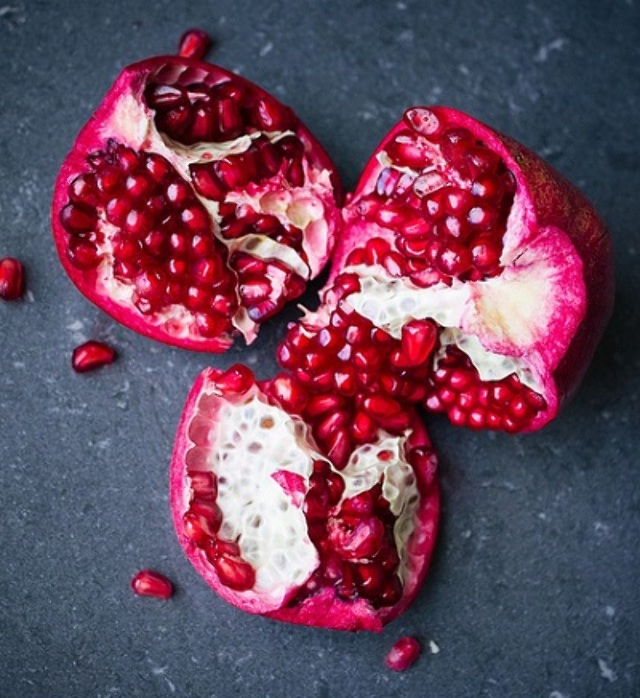If you think that you have to increase your grocery budget in order to begin a healthier diet plan, think again. There’s no reason why a meal plan filled with fresh fruits and veggies should cost more than one filled with snacks and sweets, and these helpful tips will show you how to do it — even on a tight budget.
- Buy in-season produce. You’ll often find better deals on fresh produce when it’s in season, so consider stocking up on large quantities of, say, apples in the fall or berries in the summertime. If you buy more than you can consume, freeze the fruit for future use.
- Plan meals in advance. One of the best ways to make the most of what’s in season (and avoid throwing away produce that has gone bad) is by planning a week’s worth of meals in advance. You can even make a few meals over the weekend and freeze them to eat on busy weekdays.
- Use sales to get adventurous. If you purchase only fruits and veggies that are on sale at the grocery store, it won’t just save you money, it will also give you an excuse to experiment with new foods that you wouldn’t normally try. Rhubarb, anyone?
- Store produce properly. If you get frustrated about how quickly your fresh produce goes bad, create a more organized storage system to maximize its lifespan. Keep vegetables separate from fruits, as many fruits emit a gas that causes veggies to spoil more quickly.
Fruits and Vegetables on a Budget [Fruits and Vegetables More Matters]
10 Smart Tips for Eating Healthy on a Super Tight Budget [The Kitchn]

 Equal Housing Opportunity
Equal Housing Opportunity